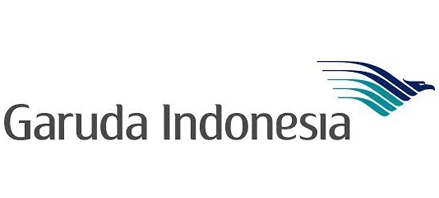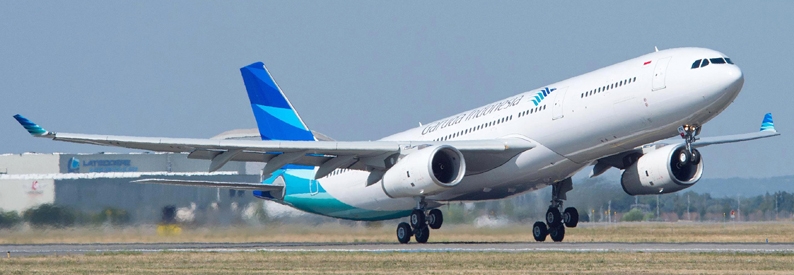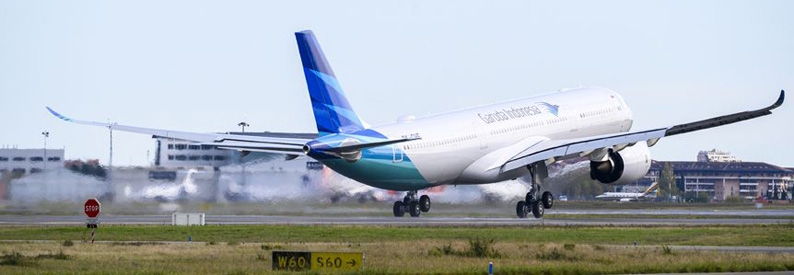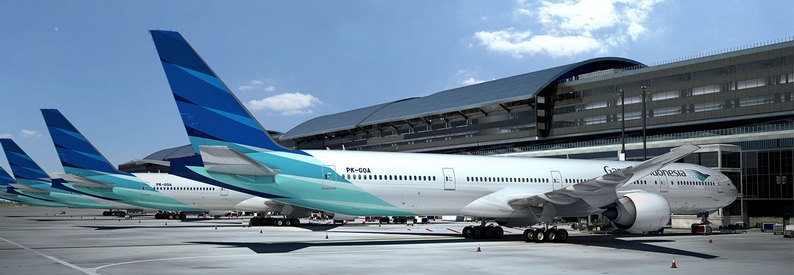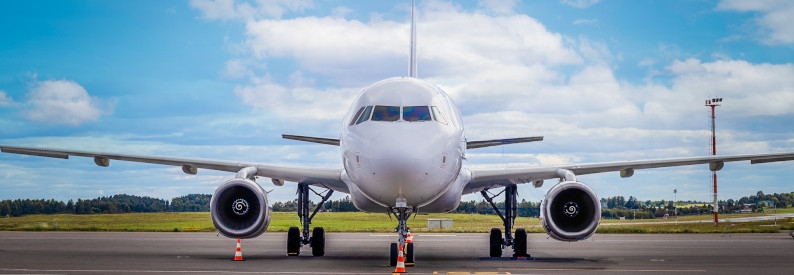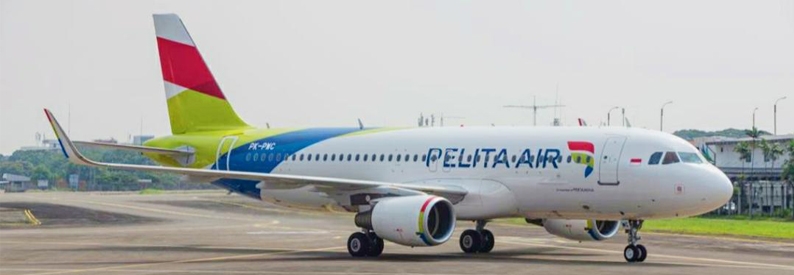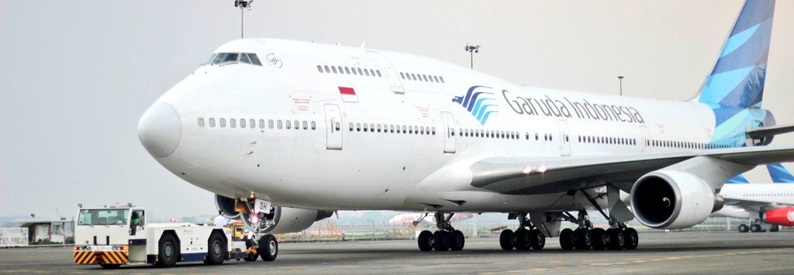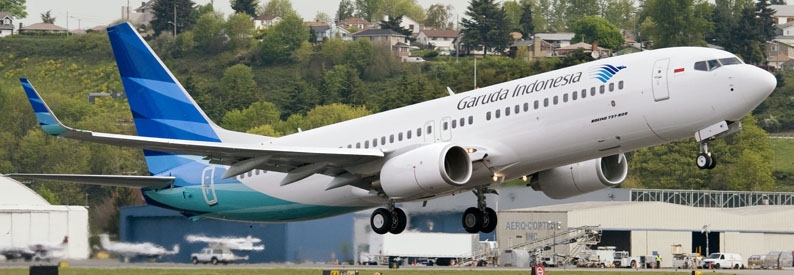Garuda Indonesia (GA, Jakarta Soekarno-Hatta) plans to increase the number of aircraft in its fleet that are active to 120 by the end of 2022, chief executive Irfan Setiaputra and the country’s minister for state-owned enterprises Erick Thohir have said on separate occasions in recent days.
Setiaputra commented on the Market Review programme on the Indonesia Stock Exchange’s IDX Channel on August 29 that the aim is to boost the company’s capacity to meet the increasing travel demands of the public as the number of Covid-19 cases recedes.
“We have a target of 120 planes by the end of the year in order to meet the needs of people who have recently experienced difficulties getting tickets,” he explained.
Average load factors per flight have reached 80%, he said - and 98% for “favourite flight times” on popular routes. Additional aircraft will be allocated to many domestic routes and for flights to Jeddah International, while for the latter destination, routes from Indonesian airports other than Jakarta Soekarno-Hatta will be added.
“We hope that those who do Umrah will not need to stopover again in Jakarta, so that they are not too tired and do not have to travel for such a long time,” he said. Unlike the Hajj, Umrah pilgrimages can be performed at any time of the year.
According to the ch-aviation Commercial Aviation Operator Capacity Data module, only Lion Air (JT, Jakarta Soekarno-Hatta) currently links Indonesian cities other than the capital to Jeddah, namely from Makassar, Medan Kuala Namu, Palembang, and Surabaya.
Setiaputra was speaking several days after Thohir revealed following a cabinet session with the country’s president that Garuda Indonesia and its regional subsidiary Citilink (QG, Jakarta Soekarno-Hatta) would soon be doubling their number of active aircraft in an effort to tame soaring ticket prices. President Joko Widodo had already issued an instruction to airlines to cut fares in the domestic market.
“Currently, there are 61 Garuda and Citilink aircraft, and that number will be increased to 120 aircraft by the end of 2022,” he said. “As per the president’s instructions, we will continue to reduce ticket prices.”
He acknowledged that Indonesia has been slow to bring back into operation a large number of passenger aircraft after the pandemic, while fuel costs and travel demand have led to soaring ticket prices.
According to the ch-aviation Commercial Aviation Aircraft Data module, Garuda Indonesia currently operates 67 aircraft, 32 of which are inactive, while Citilink operates 56 aircraft, 18 of which are inactive. In Garuda’s case, fourteen of its thirty-eight B737-800s are inactive, as are one of its seven B777-300ERs, all five of its A330-200s, seven of its twelve A330-300s, and all five of its A330-900s. At Citilink, eleven of its thirty-nine A320-200s, four of its ten A320-200Ns, and three of its seven ATR72-600s are inactive.
Meanwhile, in related news, the Indonesian flag carrier will receive a capital injection of IDR7.5 trillion rupiah (USD505 million) in state funds by the end of 2022. The government said in April that it was prepared to accommodate strategic investors as new shareholders by cutting its own stake to 51%, injecting the above sum into Garuda’s capital, and conducting one or two rights offerings.
The Ministry of Finance has now confirmed that the money will be transferred to the carrier during the fourth quarter. However, Rionald Silaban, a senior advisor at the ministry, told reporters on August 29 that the government was still in the process of issuing a Government Regulation (Peraturan Pemerintah - PP) to disburse the funds.
- Type
- Base
- Aircraft
- Destinations
- Routes
- Daily Flights
